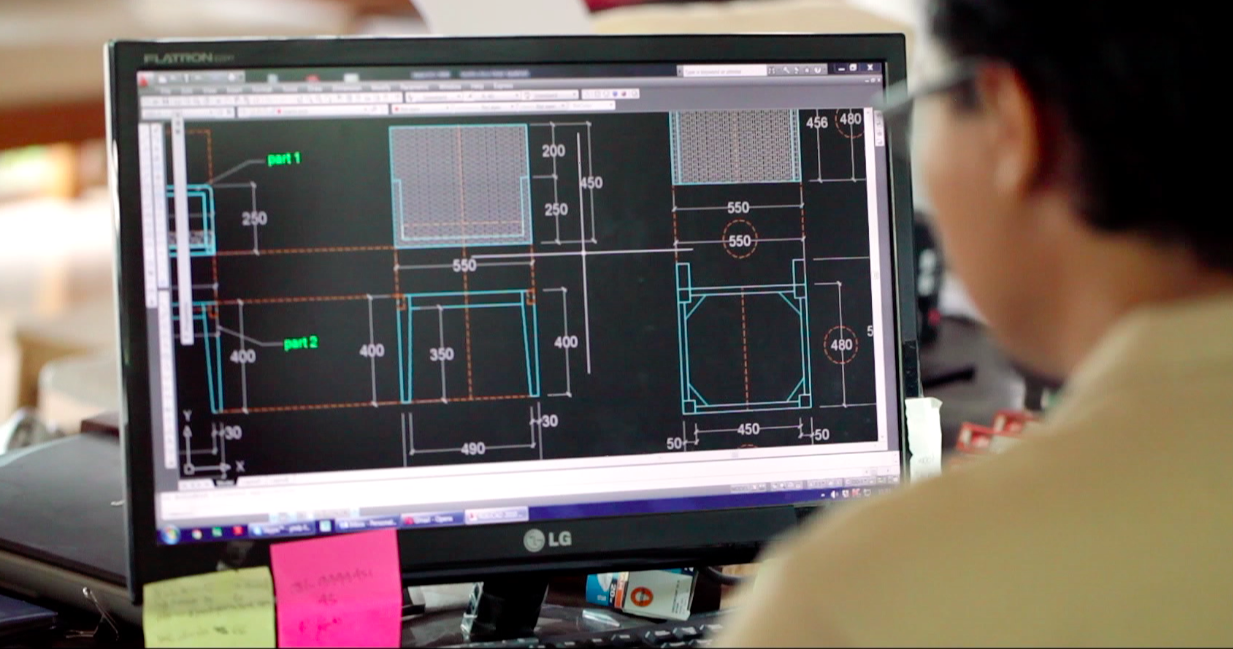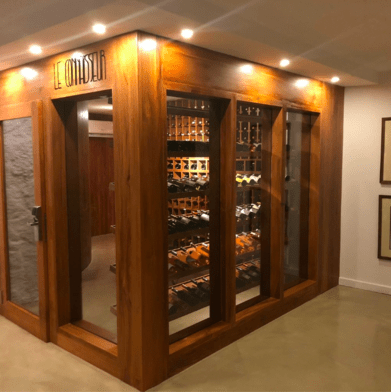A guide to buying teak furniture in bali with information on what to look out for when choosing a company to make furniture.
Many visitors to the holiday island of Bali are charmed and sometimes overwhelmed by the choice of solid wood furniture on display and at such attractive prices. After all there is nothing to match the beauty of natural wood – properly finished, and the temptation to replace all that chipboard and laminate back home with the real thing is strong indeed. Many holiday makers are put off when they discover the price of transporting back to their countries which often is far more than the cost of the product itself!.For those who cannot resist, what lies in store for them when their new purchases finally arrive back at their eventual destination?
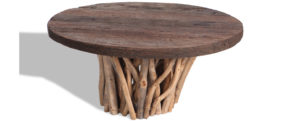
It may look nice in the showroom, but what is it really like?
How is the inexperienced buyer able to discern the factors that will determine satisfaction with their new purchase? Freshly finished, it may look nice in the showroom, but what is it really like?Let’s take a look at the elements that go into your Balinese furniture. Where do we start? Well why not with the wood itself. It may be from Teakwood – good quality Indonesia Teakwood, properly finished although not as fine as the more famous Burmese variety has great natural beauty. Indonesia Mahogany is an inferior and lighter wood – not at all like the West African variety favoured by the great European pioneers of Cabinet Making. It is also very prone to worm infestation and great care should be taken to check the product for those powdery dust deposits that confirm their unwanted presence. Other woods like Albasia are favoured by carvers for ease of working.Where was your furniture made?
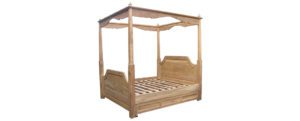
furniture you see on display in Bali probably originated from small workshops in the villages or “kampung”
It may have been made in Bali but the chances are that it was made in Java. After all the biggest centers of furniture wood and production are in Java. Huge factories often with International investment turn out furniture for the mass produced market…. but the furniture you see on display in Bali probably originated from small workshops in the villages or “kampung”.
Many “kampung” operations are capable of producing a high quality product, there is no shortage of skilled woodworkers but due to economic pressures there is a high percentage of substandard workmanship – in a shortsighted effort to save cost.
When you first view that chair or cabinet – it may be difficult for you to discover if it has been properly constructed with joints in the correct places – perhaps it is just glue that holds it together. In one year it may be reduced to a pile of wood pieces…it happens!
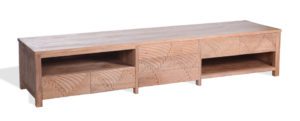
Check the drawers……sometimes they are only half the depth of the space they slide into..
Check the drawers……sometimes they are only half the depth of the space they slide into..
That table top looks nice and thick…or is it just a frame hiding matchwood thin planks inside.
The list can go on…
Lets return to the wood….wood supplies are strictly regulated by Government and at certain times of the year there are shortages. As a result freshly cut green timber is often converted into sections and sold to furniture workshops without drying. To make things worse, the shortages often occur in the rainy season between November and March when the drying process is slower and the wood left uncovered in the rain.
Freshly cut wood will have a moisture content of about 35% and by kiln drying or drying naturally given time it will settle to around 15% which as about ambient for a tropical country like Indonesia. Unfortunately the wood may be turned into furniture long before this drying process is finished. The result can be severe cracking or twisting. The doors of that nice cabinet may already be distorted by the time they reach the showroom and the table top or the side of cabinets where the wood is restrained by framing may very well crack or the joints open up.
Now cracking is a problem inherent an all solid wood furniture and cannot always be considered a fault. You can own a solid wood cabinet for years without problems but central heating or under-floor electric heating without humidifiers can lead to serious cracks some years later. It also depends on the country or region. For example, the ambient moisture content in UK maybe 10-12% but in the Mediterranean Region as low as 6-8%.
So the simple fact is that if you buy furniture from a tropical region like Bali, it is impossible to guarantee that cracking will not occur. However, ensuring the wood is dried to around 15% before it is made into furniture will reduce the build up of stress in the wood fibres when further drying occurs and will minimize the risk considerably.
We have explained some of the risks of touristic furniture buying. Maybe in the long run the tourist would be better off to buy from the friendly importer back home who will be aware of these problems and take care of them.
There are also company’s like YMB Furniture who are experienced in minimizing these problems. They do this by ensuring that best quality driest available woods are used, that the construction techniques follow the best practice and apply strict quality control before goods are shipped.
Their Clients are Furniture Galleries in various countries to whom YMB Furniture supplies their A grade product. YMB Furniture work with these gallerys to educate them in dealing with any problems…should they arise, so their customers can be confident that an after sales service is available to take care of them.

